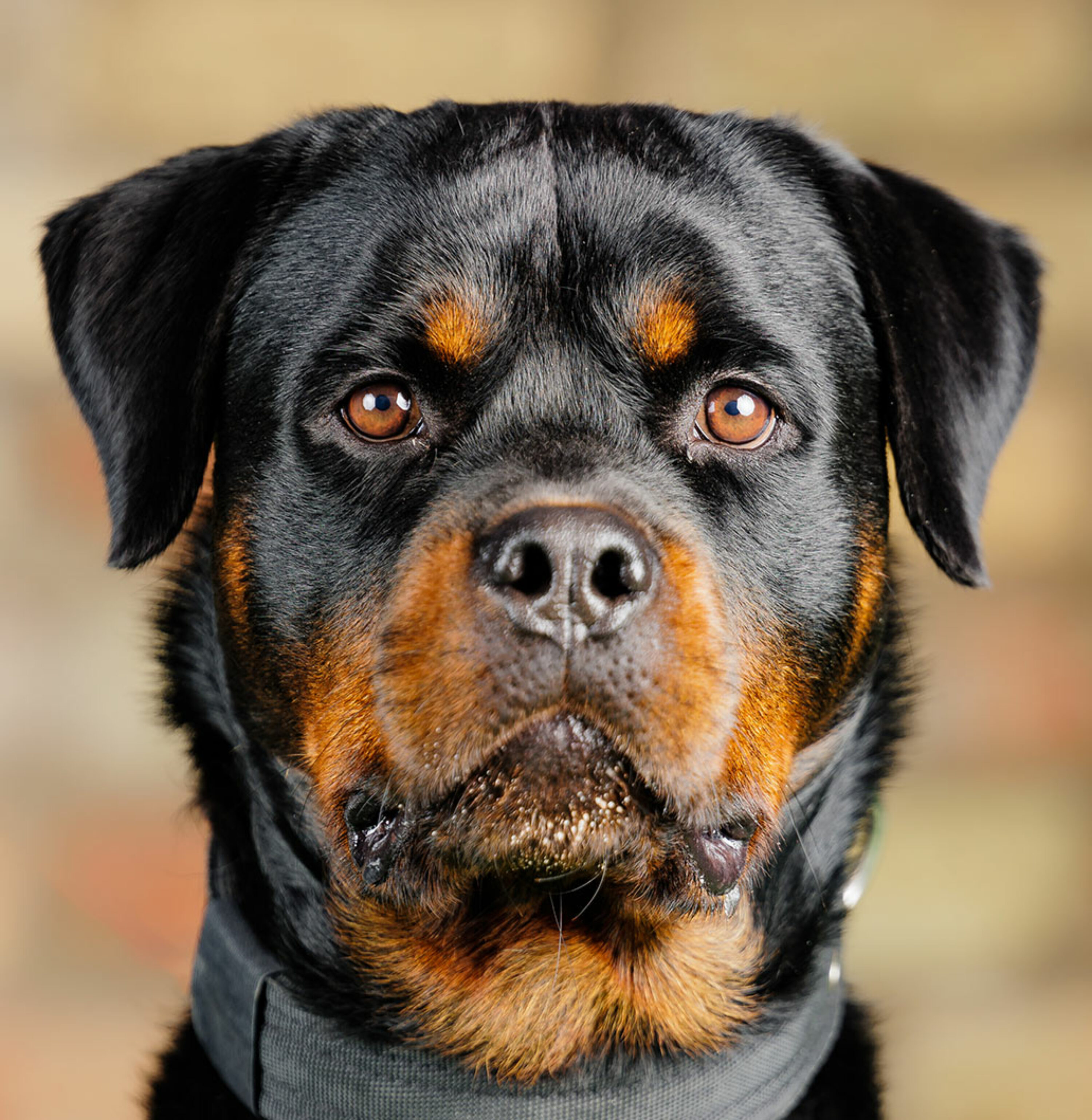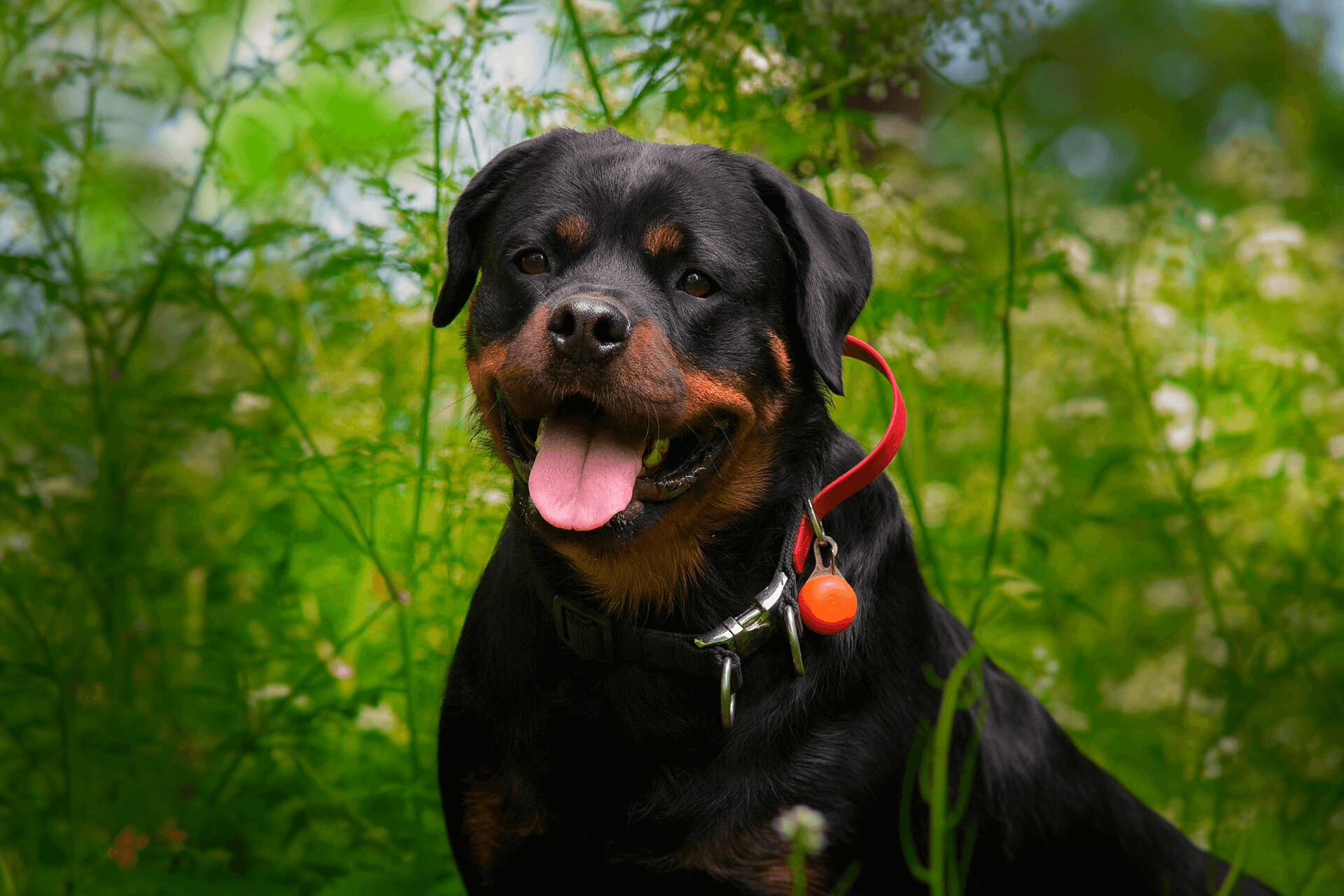Why Rottweilers Are So Protective Of Their Homes: A Comprehensive Examination
Introduction
Rottweilers, renowned for their strength, loyalty, and protective instincts, have been revered as formidable guardians of homes for centuries. Their territorial nature and unwavering devotion to their families make them exceptional protectors, yet their protectiveness can also present challenges. This essay critically examines the complexities of why Rottweilers are so protective of their homes, exploring the underlying factors and implications of this trait.
Instinctive Territoriality
Rottweilers possess an inherent territorial instinct, driven by their ancestral role as protectors of livestock and property. They have a strong sense of ownership over their home and surroundings, viewing any perceived threats as intruders that must be deterred or eliminated. This instinct is ingrained in their DNA, passed down through generations of selective breeding.
Protection of Family and Belongings
Rottweilers are fiercely loyal to their families, and their protectiveness extends to all members of their pack, including children and other pets. They perceive any potential harm to their family as a threat and will act swiftly to neutralize it. Additionally, Rottweilers may view their home as an extension of themselves and their family, and they will instinctively protect their belongings from theft or damage.
Environmental Factors
Environmental factors, such as early socialization, training, and experiences, can significantly influence the protectiveness of Rottweilers. Puppies exposed to positive and consistent experiences with strangers and unfamiliar environments are more likely to develop a balanced temperament and be less protective. However, Rottweilers that have experienced or witnessed negative or threatening events may become excessively protective as a coping mechanism.
Breed-Specific Characteristics
Rottweilers were originally bred for specific working roles that required protectiveness and aggression. Their natural guarding instincts, combined with their physical strength, agility, and intelligence, make them formidable adversaries when they perceive threats. They are typically assertive, dominant, and confident, traits that contribute to their suitability as protectors.
Perspectives on Protectiveness
While some view the protectiveness of Rottweilers as an asset, others express concerns about potential aggression and difficulty managing these dogs. Advocates of the breed emphasize the importance of responsible ownership, training, and socialization to mitigate any negative consequences. They argue that a well-trained Rottweiler can be a loyal companion and reliable protector, while opponents raise concerns about the potential for uncontrolled aggression and the breed's history of being involved in attacks.
Scholarly Research and Media Reports
Scholarly research and media reports provide insights into the complexities of Rottweiler protectiveness. Studies have shown that Rottweilers are more likely to exhibit protective behaviors when they perceive threats to their home or family. They may engage in barking, growling, lunging, and even biting if they feel their territory or loved ones are being violated. However, these behaviors can vary depending on individual temperament, training, and socialization.
Implications for Owners and Society
The protectiveness of Rottweilers has significant implications for both owners and society as a whole. Owners must be aware of the breed's natural instincts and take appropriate steps to train and socialize their dogs to ensure they are under control and do not pose a danger to others. Failure to do so can have legal and ethical consequences. Society must also grapple with the potential for Rottweiler attacks and take measures to prevent and mitigate them, while respecting the rights of responsible owners.
Conclusion
The protectiveness of Rottweilers is a multifaceted phenomenon influenced by a combination of breed-specific characteristics, territorial instinct, loyalty to family, environmental factors, and individual temperament. It is a trait that can be both an asset and a liability, and owners must thoroughly understand and manage their dogs' protective instincts. Through responsible ownership, training, and socialization, Rottweilers can be loyal and reliable companions who provide peace of mind and security to their families while minimizing the risks associated with their natural protectiveness. Society has a shared responsibility to ensure that these dogs are treated with respect and that their potential for harm is mitigated through appropriate measures and responsible ownership practices.
Dachshunds And Their Love For Digging: Fun Facts
Are French Bulldogs Hypoallergenic? What You Need To Know
The Beautiful Coat Colors Of Australian Mist Cats
:strip_icc()/GettyImages-678833089-c028be113703415890510a940f256ef6.jpg)


